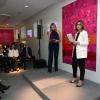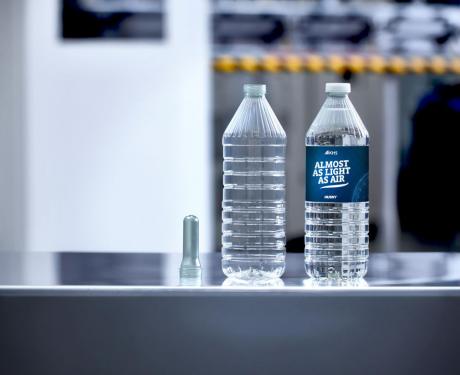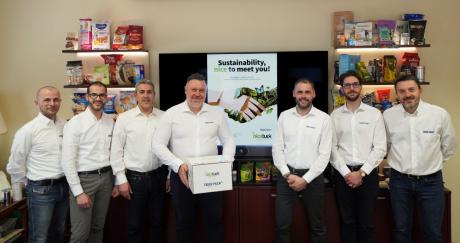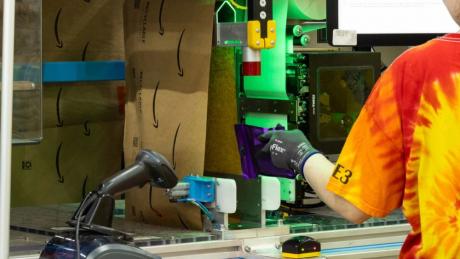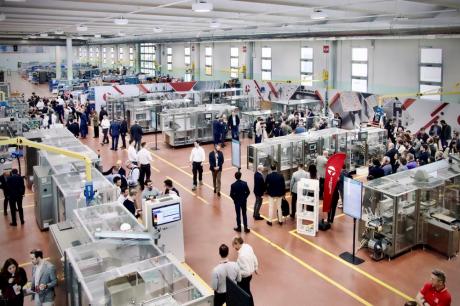Stadler, the globally active German company specialized in the planning, production and assembly of turnkey recycling and sorting plants, begins the new year ready to address the fast-growing demands of the recycling industry, which is evolving at an accelerating pace. The company’s strategic objectives for 2023 remain focused on anticipating the changing needs, developing solutions to address new requirements as they arise, consistently delivering added value for its customers.
Willi Stadler, CEO of the Stadler Group explained:
In 2022 the sense of urgency in addressing climate change and reducing greenhouse gas emissions has intensified to a new level. Greater environmental awareness is generating unprecedented pressure to reduce waste, recycle more, and move towards a closed-loop circular economy. We believe we have the know-how and experience to support the recycling industry in addressing this challenge change with effective solutions.
Meeting the changing demands of a growing recycling industry
A variety of factors, from public awareness about environmental issues to legislation such as the EU Green Deal, are driving the changes in the recycling industry. The European Commission has submitted a proposal for new regulations aiming at achieving three key objectives: preventing packaging waste, establishing high-quality recycling loops, and creating a well-functioning market for secondary raw materials through the requirement of a minimum recycled content for some types of plastic packaging. Another factor of change is China’s ban on imports of polluted plastics, which is contributing to the soaring demand for sorting and recycling plants in Europe - in particular plants capable of sorting plastics into the different polymers.
The recycling industry is consequently growing fast and requiring an increasing degree of specialization. Stadler is at the forefront of this evolution, detecting new requirements and providing solutions. Two projects completed in 2022 are a perfect illustration of how the company is constantly breaking new ground: the first and most advanced fully automatic light packaging sorting plant in Eitting, Germany, and Europe’s first fully automatic textile sorting plant in Malmö, Sweden.
The pursuit of minimizing waste by recycling as much as possible has also put the spotlight on chemical recycling. In 2022, it capitalized the attention of the chemical and mineral oil industries looking for effective solutions for plastics that are difficult to recycle. Today it offers upstream equipment which sorts and prepares the plastics for the chemical process. This is an important step forward, as chemical recycling companies break down the plastic into gas, convert it into oil, which is then transformed into virgin plastic. This means closing the loop of a circular economy for materials that until recently would have been discarded as waste.
The multinational company is constantly searching for new ways of supporting the recycling industry in its evolution. This includes participation in research initiatives such as the EnEWA project, which aims to unlock the untapped potential of obtaining recyclable paper from residual, commercial and plastic waste, for which it received the European Paper Recycling Council Award 2021/22 in the “Innovative Technologies and Research & Development” category.



